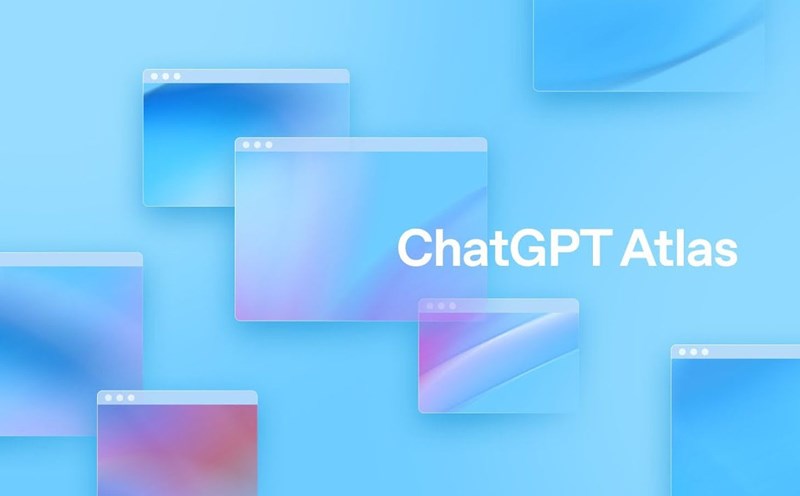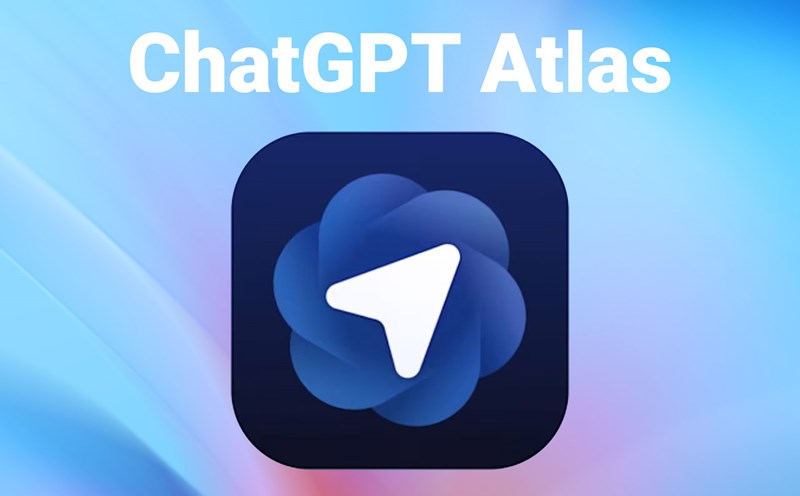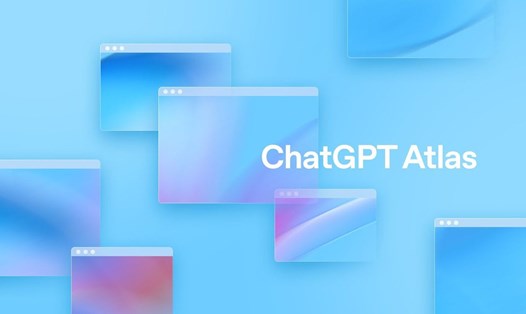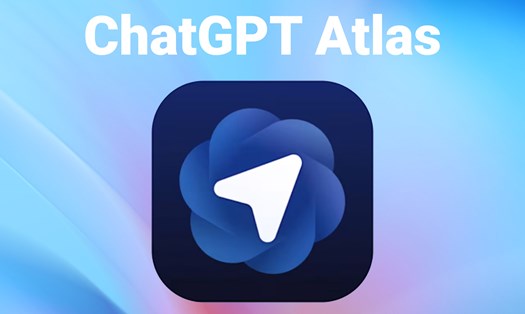OpenAI has just launched ChatGPT Atlas, an AI-powered web browser that remembers searches, action recommendations, and completes tasks on behalf of users.
The browser allows opening a sideline, asking ChatGPT about the content of websites, and using an AI factor to plan events, schedule appointments, or automate periodic tasks.
However, this feature that remembers search and automation history raises concerns about privacy and security.
Less than 24 hours after its launch, cybersecurity researchers warned that AI browsers are vulnerable to instant malware attacks, exploiting vulnerabilities that allow bad guys to access sensitive data such as emails, bank passwords or 2FA codes.
These vulnerabilities are different from traditional browsers, because AI can be lured to perform hidden indirect commands in web content, HTML comments or social media posts.
When users ask the AI to "shorten this page", the browser can accidentally perform malicious instructions, collect sensitive information and send it to attackers.
Experts emphasize that while ChatGPT Atlas and other AI browsers such as Perplexity's Comet offer a convenient experience, users need to be cautious when granting data access and consider turning off automation features if not necessary.
Security and privacy remain a major challenge in the rapidly growing wave of AI browsers.
Although ChatGPT Atlas opens up the ability to search and automate strongly, it also requires users to be cautious about the potential security risks from AI performing tasks on sensitive data.











